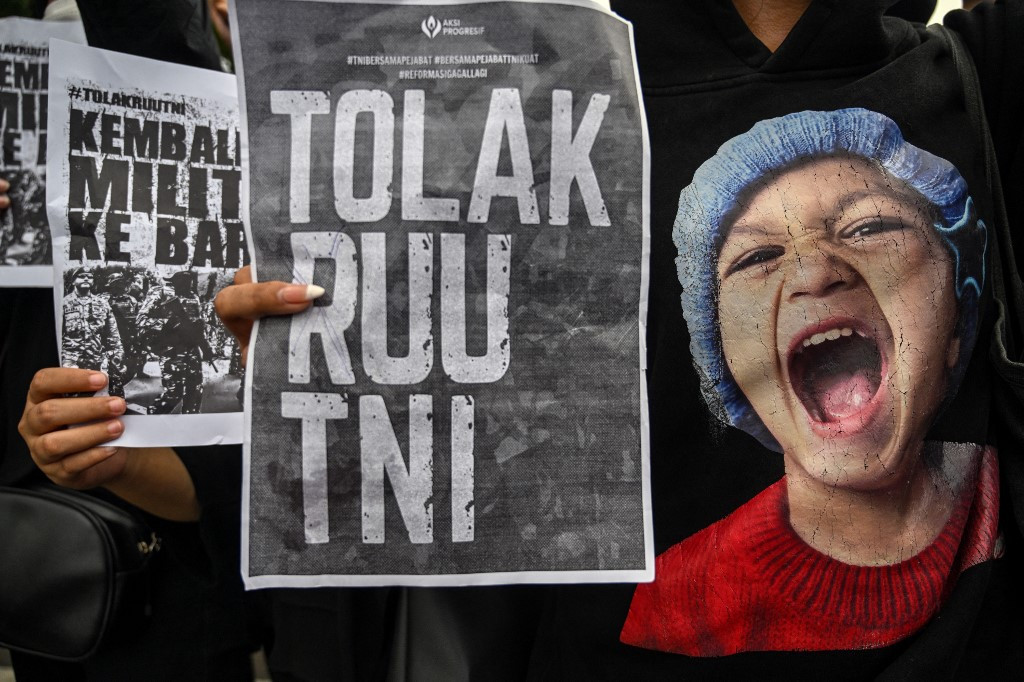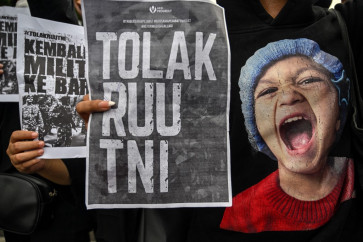Popular Reads
Top Results
Can't find what you're looking for?
View all search resultsPopular Reads
Top Results
Can't find what you're looking for?
View all search resultsThe conundrum in exercising ‘polite’ criticism
It is indisputable that politeness is instrumental in social life. Nonetheless, some exceptions and conditions may justify impoliteness to some degree.
Change text size
Gift Premium Articles
to Anyone
L
ast month, head of the National Economic Council (DEN) Luhut Binsar Pandjaitan made a controversial statement during his visit to former president Joko “Jokowi” Widodo at the latter’s home in Surakarta, Central Java, by asking the Indonesian public to be “polite” whenever criticizing the government.
According to Luhut, the criticisms that have been circulated within society against the government mostly lack supporting data and are delivered in an extremely harsh manner, hence, referring to his remark, “incommoding” the current presidential administration.
Luhut’s statement to maintain politeness in conveying criticism is somehow worth calling into question, because throughout history, harsh public criticism has flourished in a tantamount light with the Indonesian political dynamic.
Nevertheless, what is intellectually intriguing is to realize that criticism against one’s government is often (if not always) deeply intertwined with the public official’s personal conduct and persona as a symbol of its institutional failure.
During his presidency, Sukarno received a chorus of “impolite” criticism from people calling him a “Pekingese dog” to deliberately mock his political inclination toward China rather than acting in the best interest of Indonesia. The anger cascaded when the public found out Sukarno had many mistresses, which portrayed him as a notorious womanizer.
Notwithstanding Sukarno’s charisma for compelling the masses to lead the Indonesian independence, his personal life, particularly the scandalous extramarital affairs, created an impact on how the public doubted his competence as the president with questionable morals and a lack of self-restraint.
Nowadays, President Prabowo is also facing disconcerting public scrutiny. Backdropped by a series of allegations of human rights violations during his service in the military, the public is now criticizing Prabowo for allegedly being the actor for the rise of a neo-New Order due to the revised Military Law that expands the military's influence over Indonesia’s political and economic landscape and promoting a culture of cronyism by placing high-ranking military officers in state-owned enterprises and government.



















